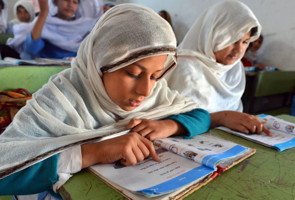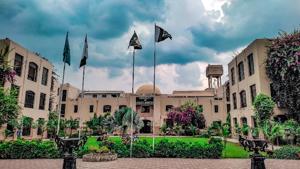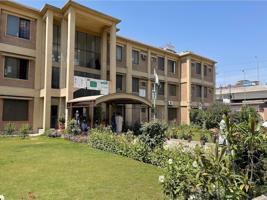

The British Council and the School Education and Literacy Department (SELD), Government of Sindh, have signed a Letter of Intent (LoI) to formalise a new phase of collaboration aimed at transforming the way English is taught in public schools across Sindh.
This strategic partnership—set to be formalised through an Operational Alliance Agreement—will support the professional development of 30,000 newly inducted Primary School Teachers (PSTs) and Early Childhood Teachers (ECTs) through the British Council’s “English as a Subject for Teachers and Educators (EaSTE)” programme. This will enable teachers to teach English and other languages more effectively using inclusive, multilingual, and 21st-century approaches which will shape the futures of approximately 2 million children in Sindh.
As part of the collaboration, the British Council will work closely to implement a scalable digital Learning Management System (LMS) and to train 1,000 in-service public-school teachers as mentors to provide ongoing guidance and peer support.
James Hampson, Country Director, British Council Pakistan said: “Today’s agreement renews our partnership with and commitment to the people and Government of Sindh. I want us to do more, together. That’s why our ambition of supporting 30,000 teachers and 2 million children is a great next step.”
Sardar Ali Shah, Minister for Education, Government of Sindh said: “Our focus is not just on access but on quality. Through this initiative, we are equipping our teachers with the tools they need to teach English more effectively, and to do so in ways that reflect the linguistic and cultural realities of our classrooms, the next phase after recruitment focuses on teachers’ professional development and capacity building.”
The programme is indicative of a mutual interest in the establishment of sustainable teacher development models in Sindh through the mixture of global know-how and local knowledge. The British Council and SELD will ensure that their support delivered via the multi-stakeholder approach creates durable change on a large scale- one that British Council has worked on improving since many decades in the fields of education and teacher development in Pakistan. The EaSTE programme has already seen massive success in Punjab where it developed the teaching of English to more than 140,000 teachers.



.jpg)













Share your comments & questions here
No comments yet. Be the first to comment!